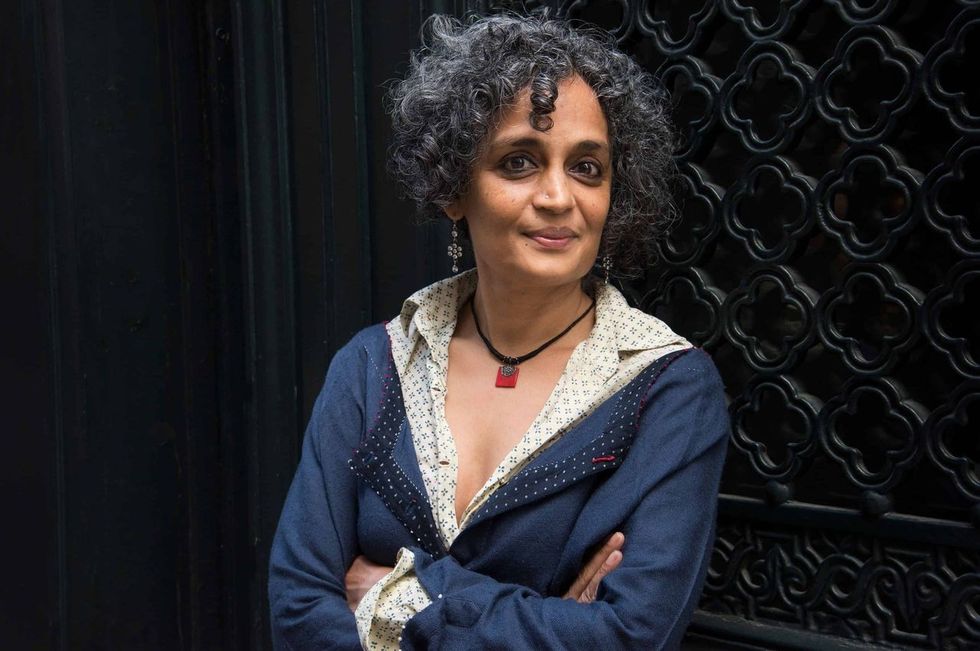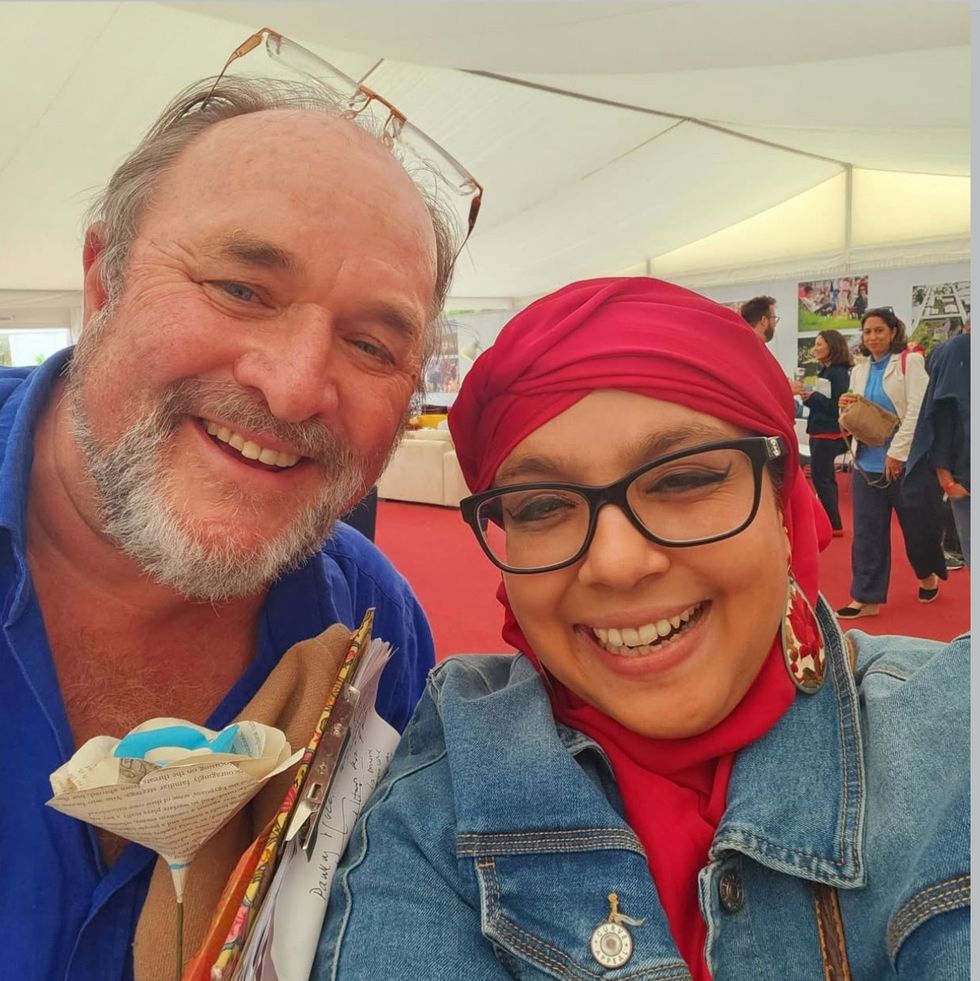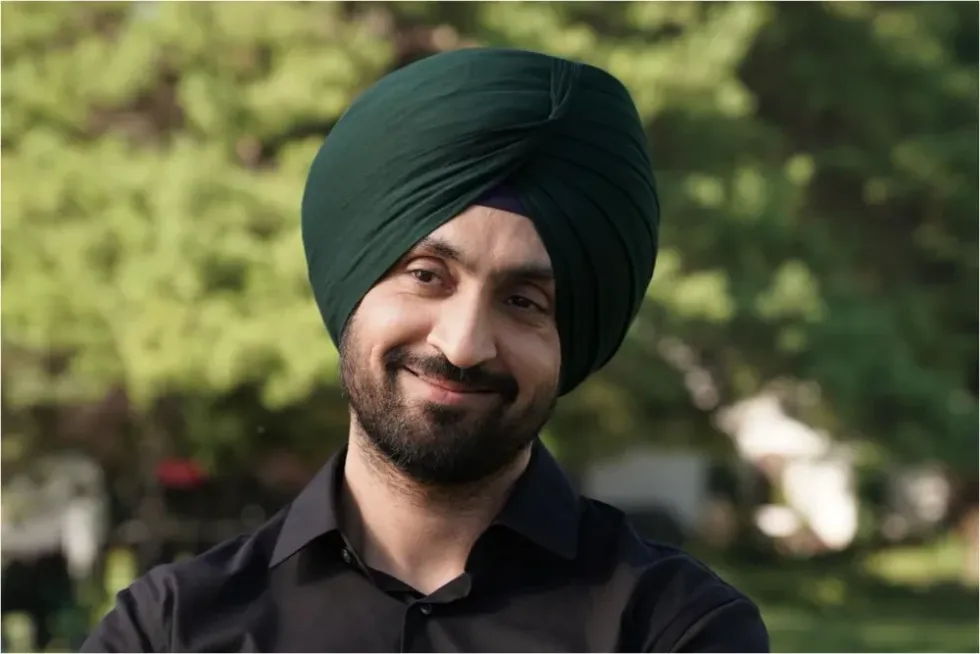by Dr RAMI RANGER CBE
DIVERSITY is at the heart of Britain’s success and is the soul of the nation. Through my experience serving as the chairman of the British Sikh Association, the former president of the Punjabi Society of British Isles and founder and chairman of Sun Mark, I have found that the most important ingredient to local community relations or international partnerships comes through the understanding of diverse and different cultures.
The success of Sun Mark is based on the export of British-made products to over 130 countries and in doing so, it is the only company to have won an unprecedented five consecutive Queen’s Award’s for Enterprise in International trade. My experience of working with 130 countries and sustaining thousands of British jobs highlights to me the global world that we are now a part of and the vital need to remove barriers to trade, including those that may result from a lack of understanding.
At home, in my role as co-chairman of the Conservative Friends of India, as well as serving as a fellow of the Princes Trust and a member of the government’s Apprenticeship Delivery Board and Apprenticeship Diversity Champions Network, l welcome all initiatives to remove the race disparity which is unfortunately still prevalent in Britain, one of the most diverse countries in the world.
The recently launched Race Disparity Audit (RDA) by the prime minister goes to the heart of the issue and is a very important initiative to tackle the “burning injustice” of race disparity in Britain.
From the first day of her premiership, Theresa May has been working hard to make this her priority. The audit highlighted the unfortunate differences in opportunity and performance across different ethnic groups. This detailed data and analysis will be the blueprint to help government departments and agencies to review and develop tangible solutions. Part of our One Nation Conservatism must be that all members of our nation have the same opportunities and life chances. No one should face discrimination through bias, conscious or unconscious, because of the colour of their skin, ethnicity or class.
It is also well documented that the Conservative party lags in attracting ethnic minority voters but there are some individual MPs from white British backgrounds who are reaching diverse communities as well as anyone possibly could.
Andrew Stephenson, MP for Pendle, is clearly doing something special. He won the seat from Labour in 2010, defeating a British Pakistani candidate by getting the votes of 15,000 British Pakistanis. Andrew visits his local mosque without any stage or invitation, being present and spending real time with the community. He builds relationships and remembers everyone by their name. He shows that it isn’t complicated or difficult to bring about a positive change.
Bob Blackman MP holds Harrow East, a seat with over 60 per cent BAME constituents, the most diverse Conservative-held seat. Bob is well known in the Hindu community. He visited 11 Hindu temples on Hindu New Year (November 8) and regularly supports various communities’ events. While these MPs have set an excellent example, we also have a party chairman who understands how vital strong community relationships are but recognises that more needs to be done in terms of attracting ethnic minority voters and candidates. It is only through meaningful engagement with communities that we will build strong relationships and dispel any myths that the Conservative party doesn’t represent everyone. Through this engagement and relationship building we will also attract more BAME candidates to stand for us.
Within Asian communities more needs to be done to engage with British Tamil and Bangladeshi communities and within the black community, it is with those from a Caribbean background where we have plenty to do. We have no MPs or peers from among these communities.
Role models are vital to showing others who aspire to stand and be elected that it is possible and the party is a home for them. The Tories are doing extremely well at the top, with a second female prime minister and the first British Asian home secretary.
Sadly, we are lagging behind Labour in the 2017 election with the first turban-wearing Sikh MP (Slough) and the first female Sikh (Birmingham Edgbaston), and perceptions within the Sikh community of a lack of Conservative Sikhs in parliament is not a positive one. One thing is true for all communities, regardless of ethnicity and background, and that is that deep and sincere engagement with voters is key.





 LONDON, ENGLAND - JUNE 22: Baroness Floella Benjamin speaks during the unveiling of the National Windrush Monument at Waterloo Station on June 22, 2022 in London, England. The photograph in the background is by Howard Grey. (Photo by John Sibley - WPA Pool/Getty Images)
LONDON, ENGLAND - JUNE 22: Baroness Floella Benjamin speaks during the unveiling of the National Windrush Monument at Waterloo Station on June 22, 2022 in London, England. The photograph in the background is by Howard Grey. (Photo by John Sibley - WPA Pool/Getty Images)









 Ed Sheeran and Arijit Singh
Ed Sheeran and Arijit Singh Aziz Ansari’s Hollywood comedy ‘Good Fortune’
Aziz Ansari’s Hollywood comedy ‘Good Fortune’ Punjabi cinema’s power-packed star cast returns in ‘Sarbala Ji’
Punjabi cinema’s power-packed star cast returns in ‘Sarbala Ji’ Mahira Khan
Mahira Khan ‘Housefull 5’ proves Bollywood is trolling its own audience
‘Housefull 5’ proves Bollywood is trolling its own audience Brilliant indie film ‘Chidiya’
Brilliant indie film ‘Chidiya’  John Abraham
John Abraham Hina Khan and her long-term partner Rocky Jaiswal
Hina Khan and her long-term partner Rocky Jaiswal  Shanaya Kapoor's troubled debut
Shanaya Kapoor's troubled debut Sana Yousuf
Sana Yousuf



 Shraddha Jain
Shraddha Jain Arundhati Roy
Arundhati Roy William Dalrymple and Onjali Q Rauf
William Dalrymple and Onjali Q Rauf Ravie Dubey and Sargun Mehta
Ravie Dubey and Sargun Mehta Money Back Guarantee
Money Back Guarantee Homebound
Homebound Guru Dutt in Chaudhvin Ka Chand
Guru Dutt in Chaudhvin Ka Chand Sarita Choudhury
Sarita Choudhury Detective Sherdi
Detective Sherdi